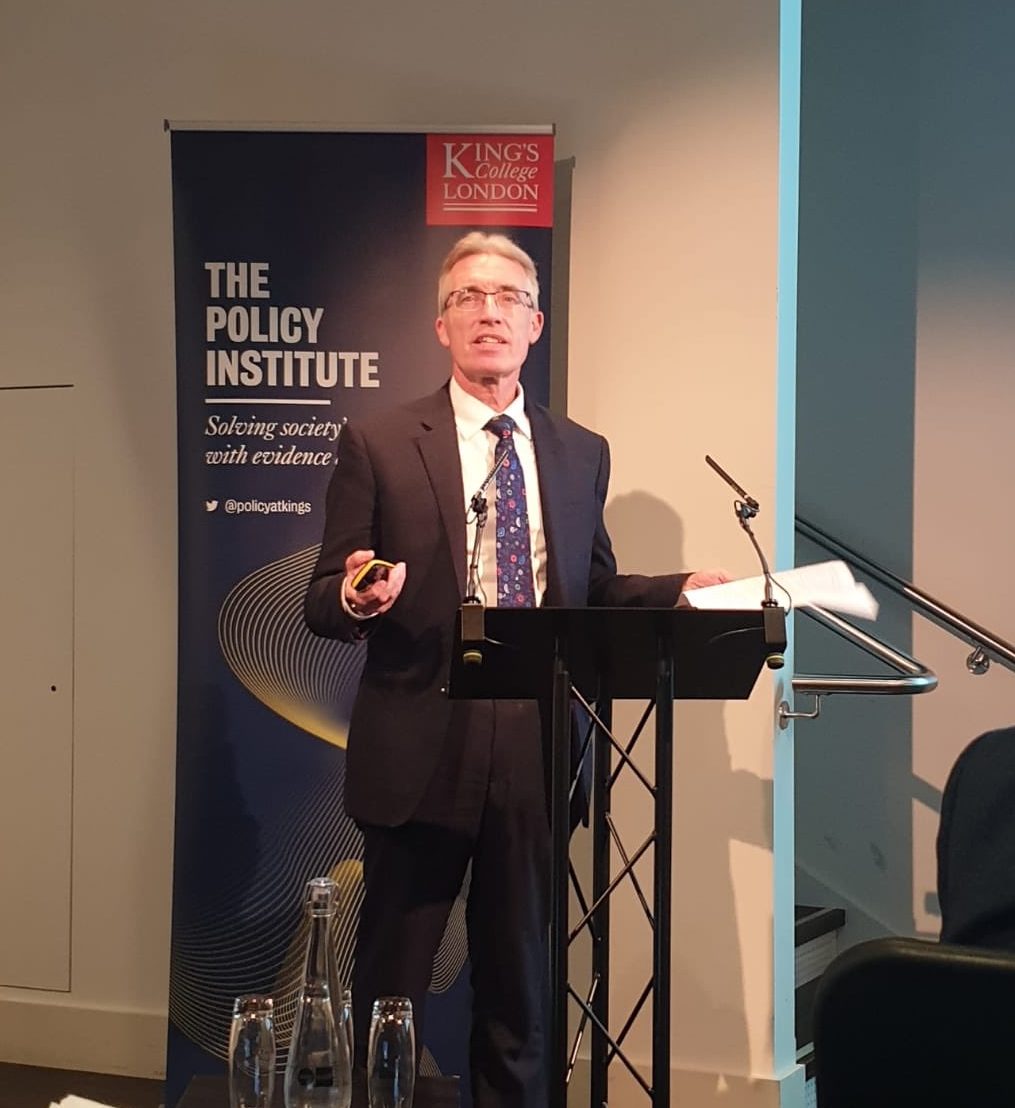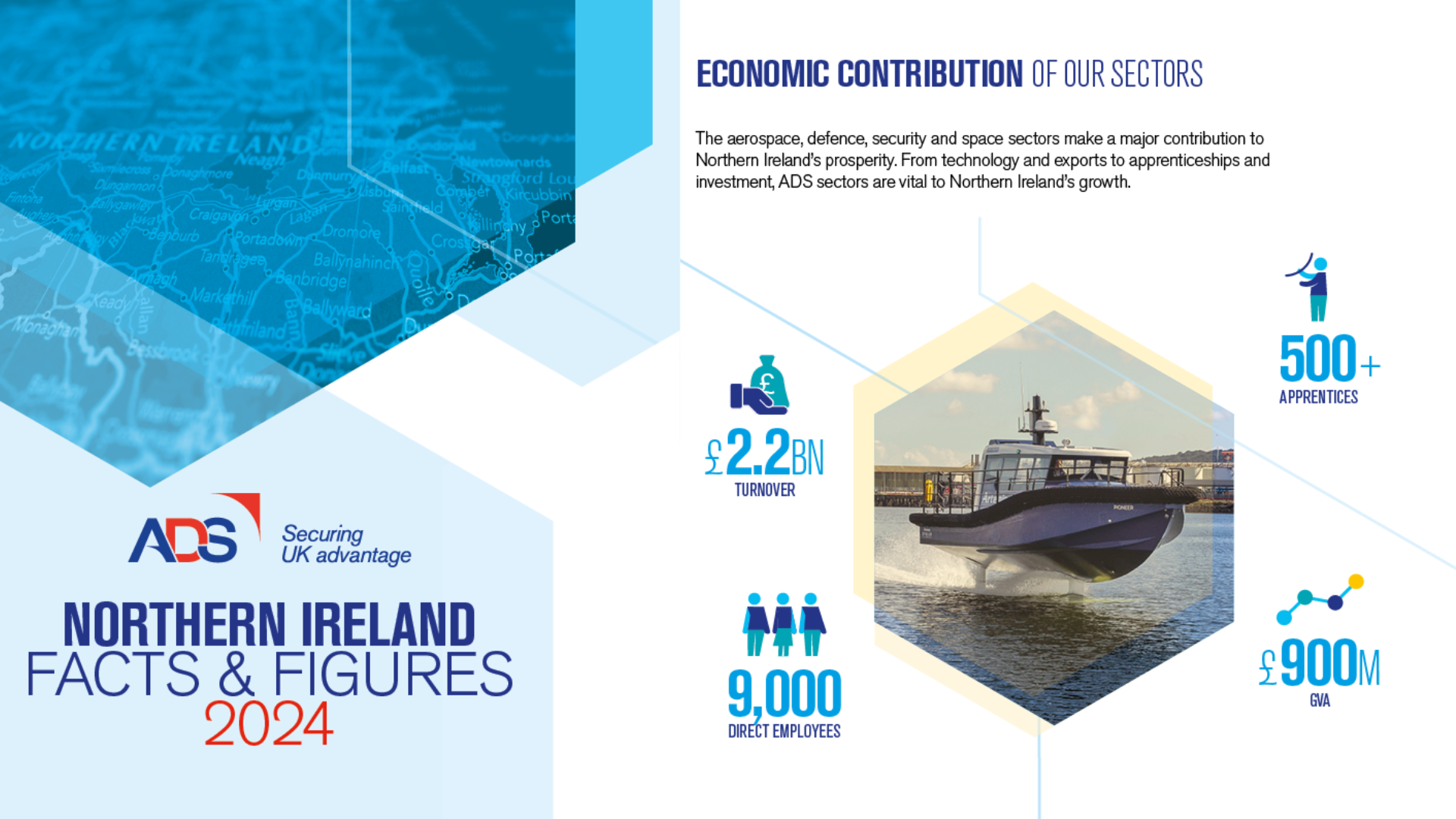
On Thursday 5th March MOD hosted the second Defence Economics Conference at Kings’ College London. This event followed on from last year’s Defence Prosperity Conference in Coventry and was designed to demonstrate the work being done across Defence on the Prosperity Agenda.
The day featured a host of different speakers on a number of topics that a revolved around the central theme of UK prosperity and defence economics. The conference intended to broaden the conversations around the UK’s Defence Prosperity Agenda to the wider issues of defence economics in the UK.
Minister for Defence Procurement, Jeremy Quin MP opened the conference and spoke about the importance of data and evidence gathering in Defence, amongst other topics. Min DP also used his opening address to formally launch the Defence & Security Industrial Strategy (DSIS). Min DP emphasised three major points; firstly, the importance of industrial collaboration to delivering national security; secondly, continuing to support innovation in the UK through Defence activities; and thirdly, the role of the Integrated Review in supporting the UK’s ‘Levelling Up’ Agenda. These are all areas where ADS is very active on a policy level and is supporting our members’ work and messaging with their Government engagement.
Amongst other speakers on the day was ADS Chief Executive Paul Everitt who spoke about the benefits of engaging with productivity initiatives such as Supply Chains for the 21st Century (SC21) and Warrick Malcolm Director of ADS Scotland who spoke about the great work ADS members are doing in Scotland. The conference also heard from the UK Defence Solutions Centre, Be the Business, Invest Northern Ireland and Statistics Canada, amongst others.
In the UK there are a very limited number of defence economists, with other public sector topics such as healthcare being far better resourced and understood. The conference demonstrated that MOD, industrial partners and academia are keen to collaborate to increase interest and participation in UK defence economics. This is a long-term goal that will require continuous effort from all parties to standardise methodologies and agree on the utility of the data that is gathered.
It is clear that any argument Defence (both public and private sector) may make to demonstrate its economic value to the UK will require robust data sets and trusted analysis. Increasing the UK’s capability in defence economics by encouraging more people to engage with the topic and agreeing common standards will be vital to success.





